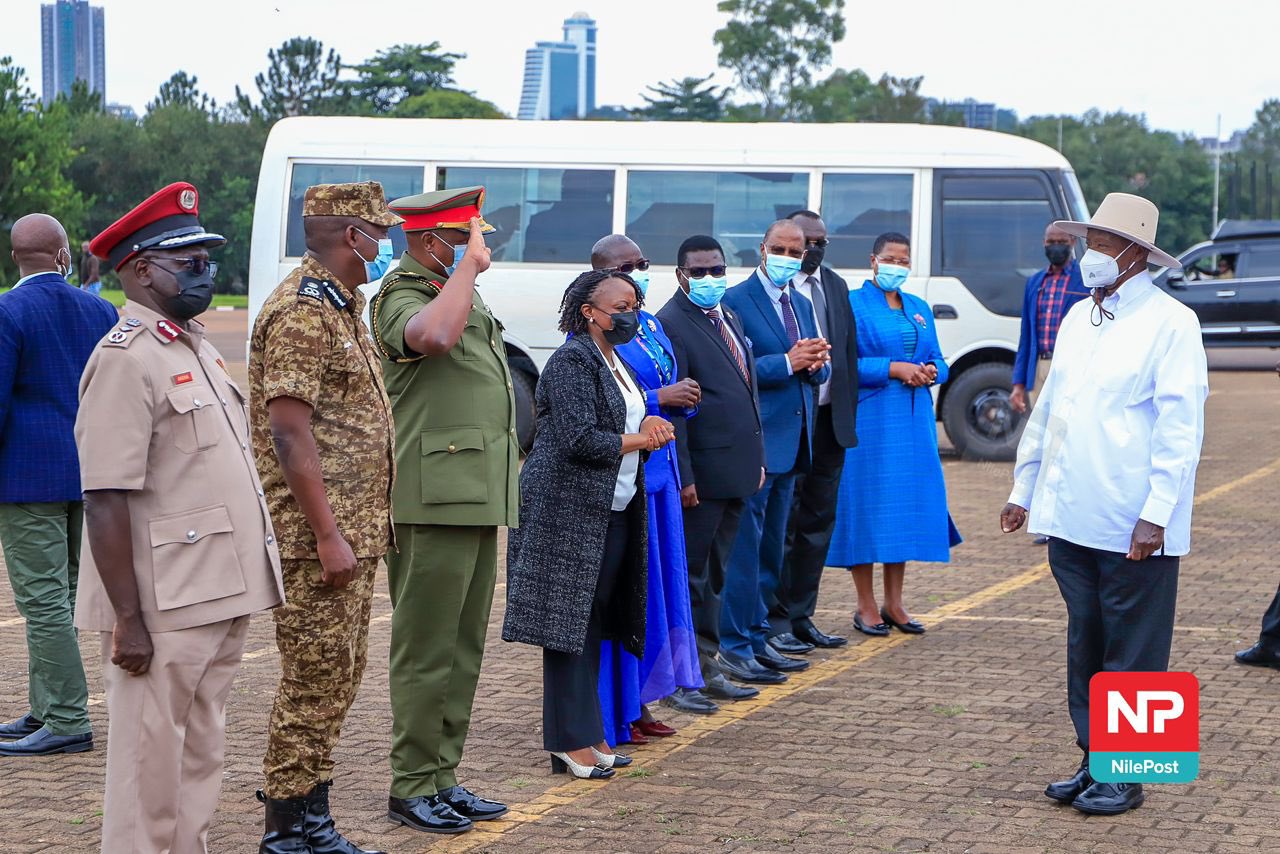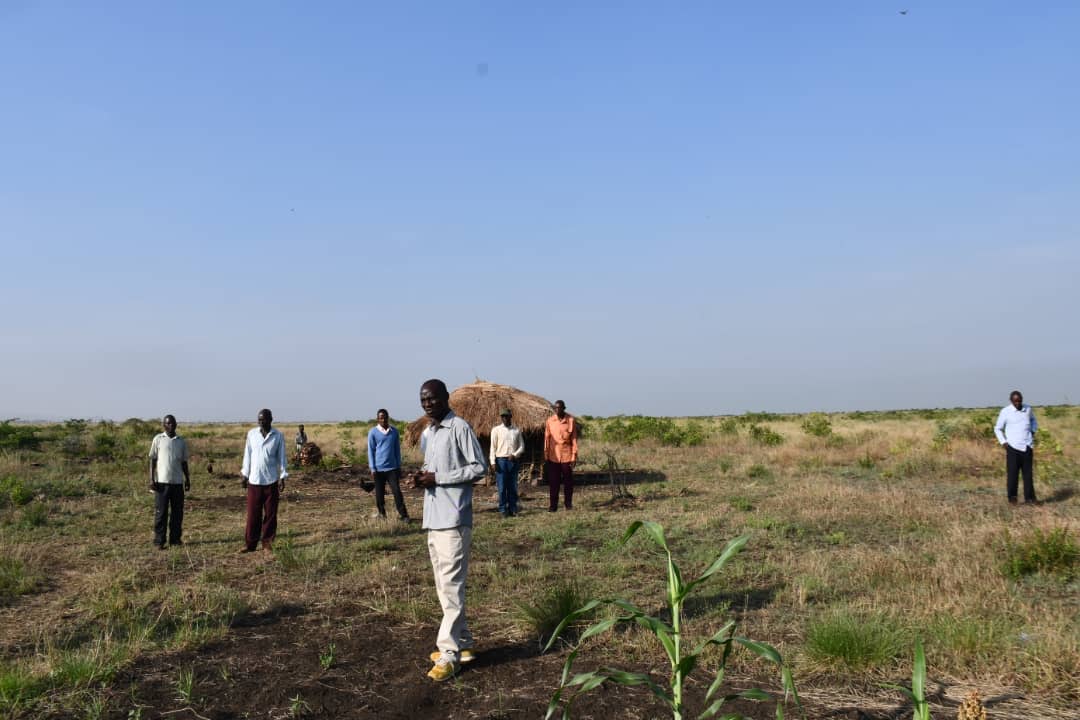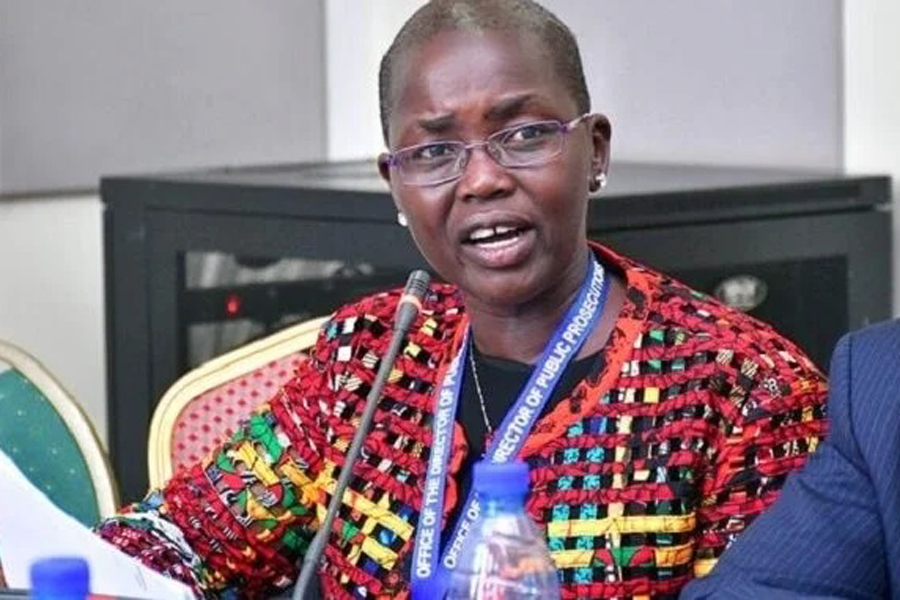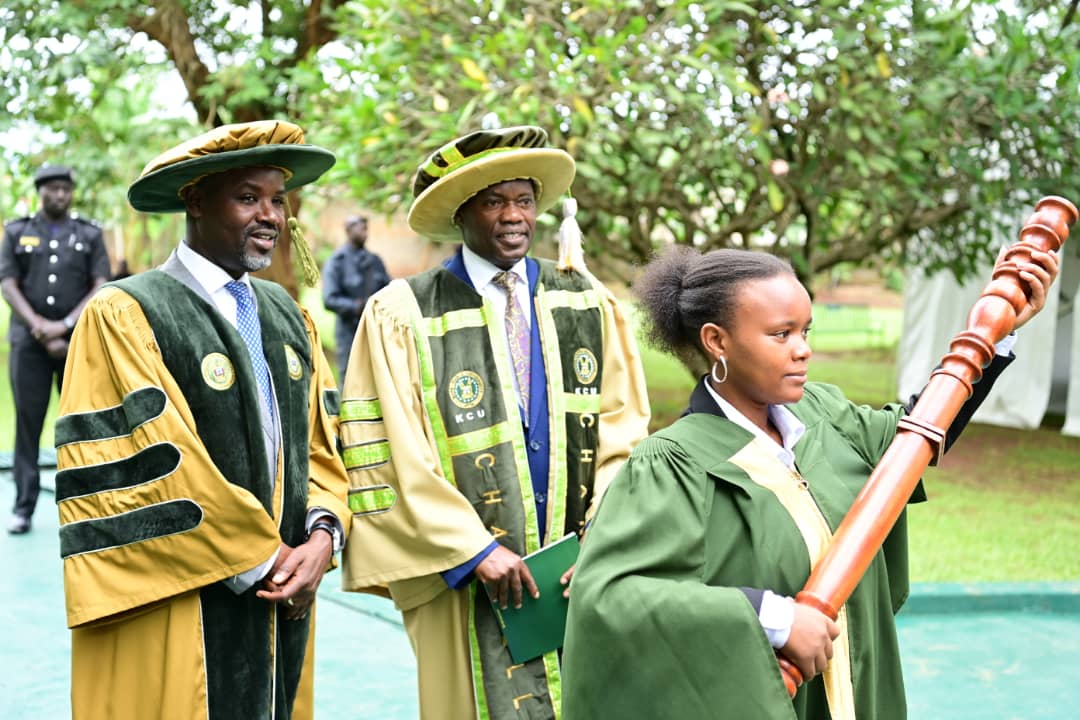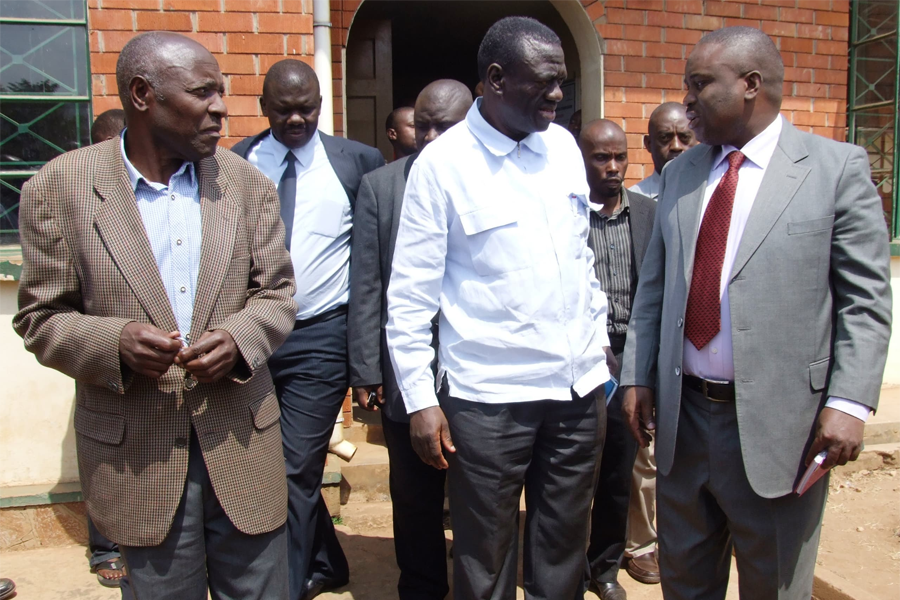ADF attack in Ntoroko was diversionary, says army
The UPDF has said after being pounded by the Uganda and Congolese army inside DRC, Allied Democratic Forces(ADF) ought to use the attack in Ntoroko district earlier this week as a diversion for the joint forces to reduce on the pressure mounted on the group.
“The intention of attacking Ntoroko was to divert us from the pressure that we have mounted in Ituri region but little did they (ADF) know that we have forces in the rear. One of the Mountain Battalions deployed in Ntoroko dealt with them decisively,” UPDF spokesperson, Brig Felix Kulayigye told journalists on Friday.
Keep Reading
The army spokesperson explained that during the early Tuesday morning attack saw about 40 ADF fighter cross into Uganda via River Semliki with an aim of causing mayhem but noted that the UPDF was swift to repulse them and in the ensuing battle, 20 attackers were killed, 15 captured alive, 16 SMG rifles recovered one PK Machine gun seized, ammunition and an assortment of improvised bomb making materials recovered.
Brig Kulayigye insisted that none of those who came from DRC to attack Ntoroko returned home.
“As we speak, all the 40(attackers) are accounted for on our side. None of those who came from Congo to attack went back since even those who survived and attempted to go back drowned in River Semliki and crocodiles ate them.”
According to Brig Kulayigye, an interrogation of the ADF fighters who were captured, some of whom were children as young as 12 years indicated they had crossed into Uganda to cause mayhem by killing civilians.
He however noted that normalcy has returned to Ntoroko and families that had fled their homes have begun return home.
The Ugandan army said as part of Operation Shuja jointly with the Congolese forces, had two days before the Tuesday attack given a bloody nose to the ADF rebels inside DRC.
The army spokesperson explained that on December, 11, a UPDF mobile force in hot pursuit had “decisively” engaged an ADF force in Maitatu near Tokomeka forest and during the shootout, 30 rebel fighters were put out of action whereas eight SMG rifles were recovered.
“Due to the military pressure, ADF combatants surrendered to our forces while the survivors fled in disarray.”
Weakened force
The Ugandan army spokesperson said in the past one year or so in which Operation Shuja has been operation, the ADF has greatly been weakened.
“Intelligence estimates indicate that scores of ADF terrorists have been killed and dozens of others injured. ADF has abandoned their main operation bases and lost huge amounts of their logistics stores. Hundreds of other militants have fled their hitherto well entrenched positions scattering deeper into the hinterland, forests and river valleys in a bid to evade further joint UPDF and FADRC attacks.”
“ADF is today a significantly weakened force , low on morale and in disarray struggling for survival. Military pressure will be maintained on the group until it is decisively defeated and permanent peace is restored in eastern DRC.”
ADF
The ADF was formed out of remnants of the National Army for the Liberation of Uganda (NALU) and Jamilu Mukulu was the group’s founding leader until a few years ago when he was captured by the Tanzanian forces and repatriated back to Uganda where he is currently facing charges related to terrorism.
They operate in North Kivu which borders other provinces including Ituri to the north and South Kivu to the South and has been a battle ground for a number of rival armed ethnic groups since 1998.
The province consists of three cities including; Goma, Butembo and Beni as well as six territories—Beni, Lubero, Masisi, Rutshuru.
According to the Centre for Strategic and International Studies, the ADF which was designated as a terrorist group by the US government, has used the name Madina at Tauheed Wau Mujahedeen (City of Monotheism and Holy Warriors—MTM) to refer to emphasize its links to the Islamic State.
In 2019, the Islamic State claimed responsibility for an ADF attack and first referenced a “Central Africa Province.”
The Islamic State group has in the past claimed that ADF is its Central African offshoot .
The organization is led by Musa Baluku, who served as a senior ADF Islamic legal official before consolidating power following Mukulu’s 2015 arrest.
ADF has been blamed for several attacks on villages where many have been killed , others abducted as well as planting bombs that have killed many.
The group was also blamed for the twin blasts in Kampala in November last year at the Central Police Station and along Parliamentary Avenue in Kampala that led to death of several people whereas others were left injured.
Whereas it was hoped that Baluku had been killed in the November 30 air and artillery strikes by the UPDF and FADRC, no evidence has confirmed this.








